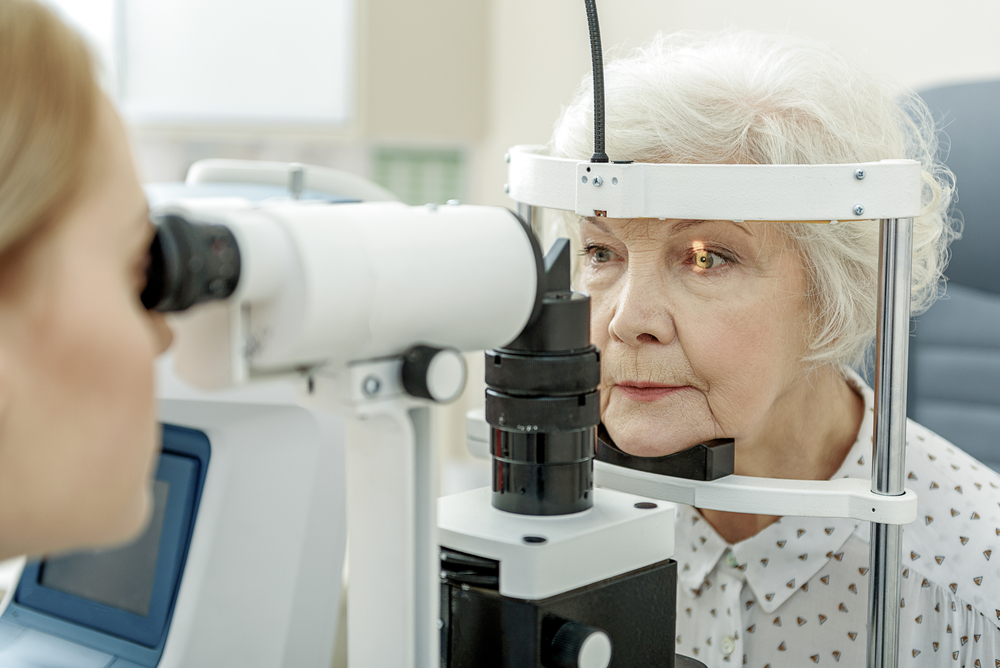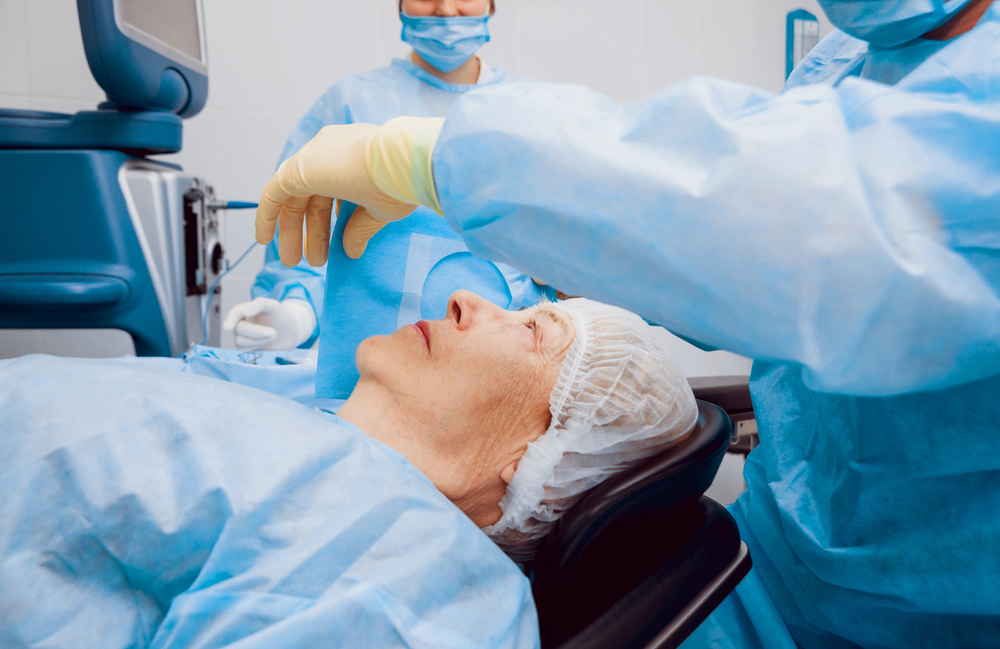What Are Cataracts and How Do I Know If I Have Them?
May 7, 2024
Have you ever seen an older pet with eyes that look cloudy or bluish? This can happen frequently in animals, as well as in humans, as they age.
Cataracts are a common eye problem, and the older you get, the more important it is to know the basics of this condition. Your vision impacts your life to a great degree, so if you're having more vision problems, it's crucial to get a diagnosis.
Keep reading to learn what you need to know about cataracts, including the signs and symptoms!
What Are Cataracts?
Cataracts are cloudy patches that develop on the lens of the eye. Your eye has a clear lens that is made of proteins.
As part of the aging process, the proteins in the eye lens will deteriorate, leading to cloudy patches called cataracts. While there are other kinds of cataracts that can form from eye trauma or other underlying causes, age-related cataracts are by far the most common type.
When you have cataracts, you might feel like you're viewing everything through a dusty window. At first, the impact of cataracts may be minimal, but as the cataracts worsen, they make it difficult to live your daily life.
Do you think you may have cataracts?
What Are Common Signs of Cataracts?
As you age, it's particularly vital to learn the signs of cataracts because everyone will develop them eventually if they live long enough. While the best way to know whether or not you have cataracts is to see an eye doctor, you can also look out for the following signs:
Blurry Vision
Blurry vision can have many potential causes, such as refractive errors. But, if your vision is worsening with age and becoming more blurry or foggy, cataracts are one likely cause.
If your vision suddenly becomes blurry or worsens, it's always a good idea to see an eye doctor to determine what's causing your symptoms.
Double Vision In One Eye
Are you seeing double? This is another common indicator of cataracts.
However, you're most likely to have double vision in one eye because cataracts often develop in only one eye or in one eye faster than the other.
 Frequent Prescription Changes
Frequent Prescription Changes
While some adjustments to your glasses or contacts are normal as you age, frequent changes could indicate cataracts or another eye condition.
If you need to keep having your glasses or contact lens prescription updated to keep your vision stable, it could be that you've developed cataracts or that they are getting worse.
Worsening Vision Overall
As cataracts develop, your vision will generally decrease. You may notice that driving at night is more challenging or that colors look different than they did before.
You may also find that lights have halos around them or streaks. Overall, these changes can make it harder to perform daily tasks.
Falling Because Of Impaired Vision
As your vision worsens, it can impact your safety. Vision problems make it much more dangerous to drive at night or during the day if the cataracts affect your vision significantly.
You may also have an increased risk of falling. If you can't see well, you may trip or run into things.
So, it's crucial to see an eye doctor if your vision is threatening your health and safety.
Do you think you may be experiencing symptoms of cataracts?
Can You Prevent Cataracts?
Because cataracts happen naturally as people age, there is only so much you can do to prevent them. Genetics also play a role in whether or not you develop cataracts.
However, there are still some environmental factors at play. This means there are a few things you can do to help prevent cataracts, including:
- Protecting your eyes from UV sun exposure
- Avoid consuming tobacco
- Limiting alcohol intake
Because there are genetic links to cataracts, it's also good to know your family history. While you can't change your genes, you can be more prepared to identify the signs of cataracts early on.
How Are Cataracts Treated?
Once you have cataracts, they can't be treated with medication. While you can sometimes lessen the negative impacts with glasses or contacts, they may worsen to the point that these vision aids aren't enough to restore your eyesight.
Luckily, there is one way to restore vision affected by cataracts. Cataract surgery replaces the clouded eye lens with an artificial alternative called an IOL, or intraocular lens.
This new lens is clear and remains in your eye permanently, restoring your vision. The other good news is that cataract surgery is one of the safest and most common surgeries and has a high success rate.
Schedule An Eye Exam Today
Cataracts often form slowly, but they won't go away on their own. It's important to diagnose cataracts early on before they impact your quality of life.
So, if you've noticed vision changes or any of the symptoms of cataracts, contact the eye care team at SIEHT to schedule a cataract evaluation. During this visit, our eye doctors will assess your eyes and check for cataracts or any other eye concerns.
From there, we will make treatment recommendations to improve your vision.
Are you experiencing vision changes? Schedule a cataract evaluation at SIEHT in Fredericksburg or Stafford, VA, today!



